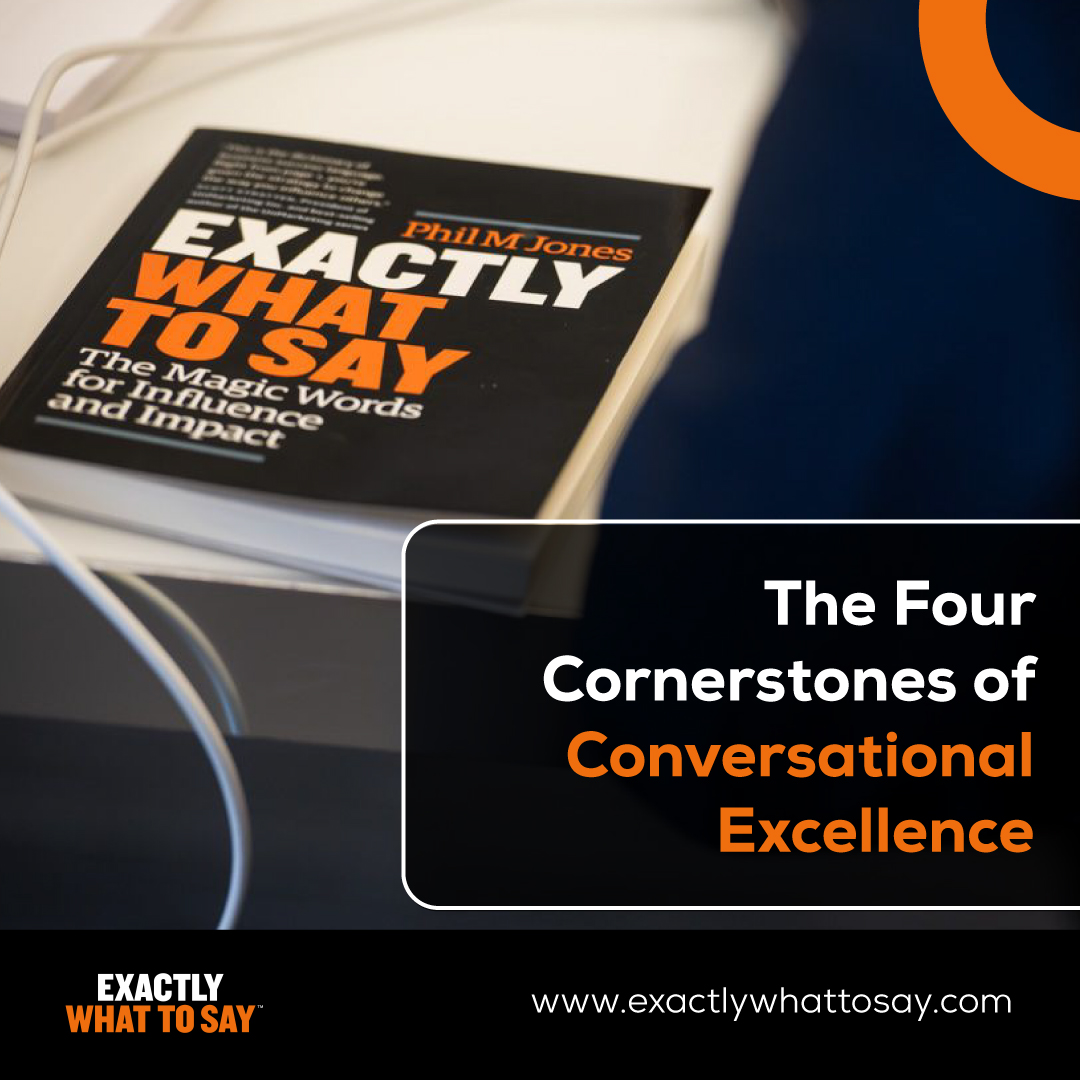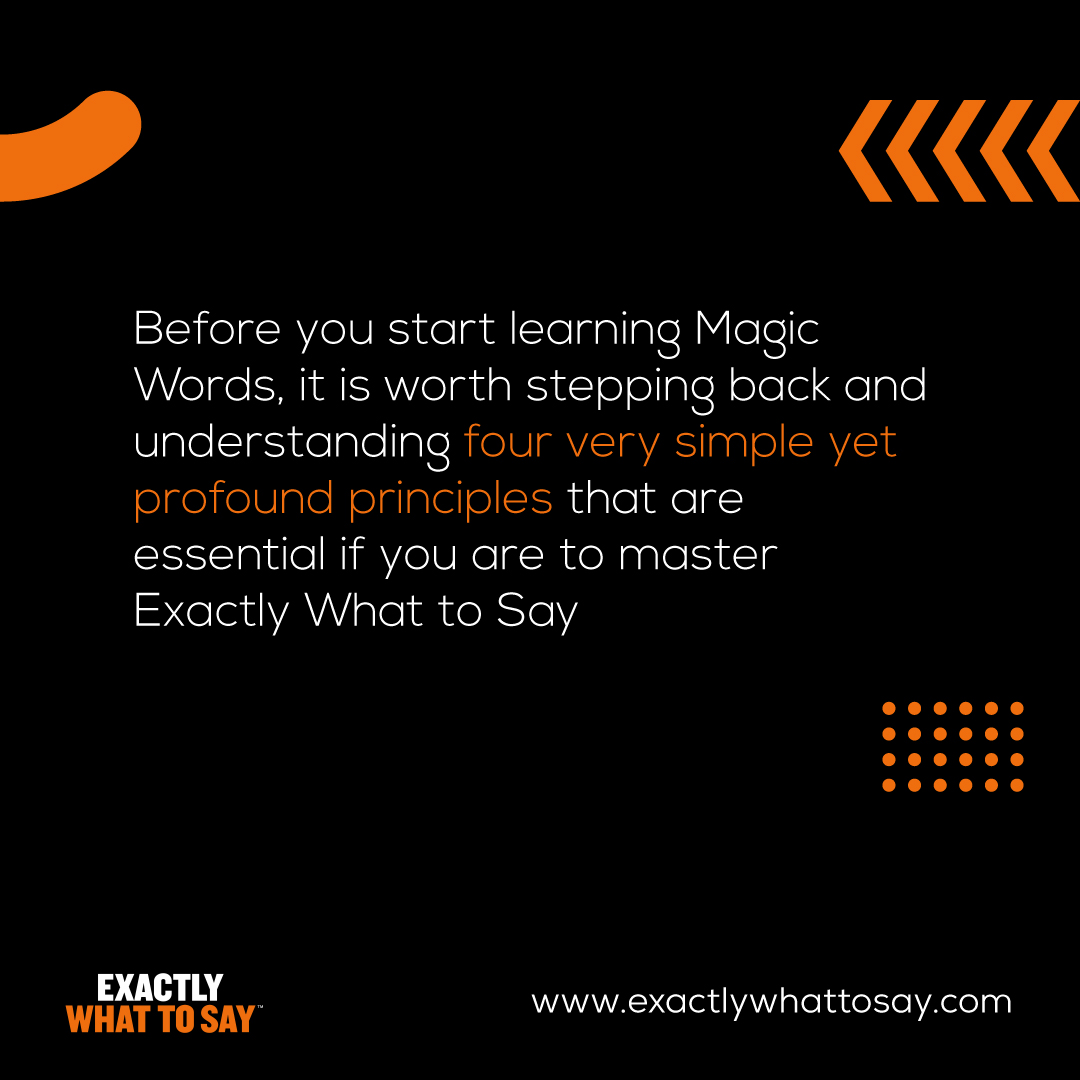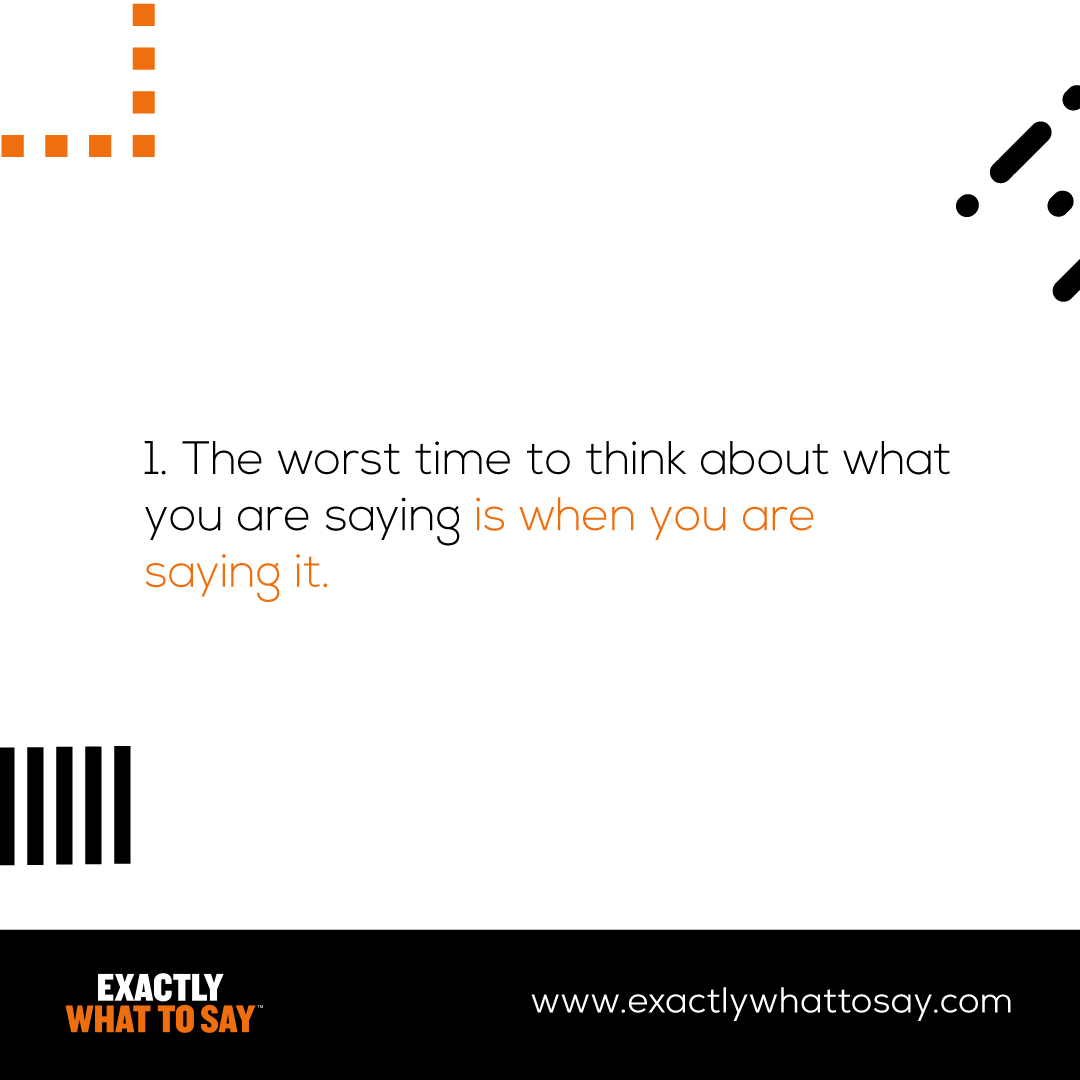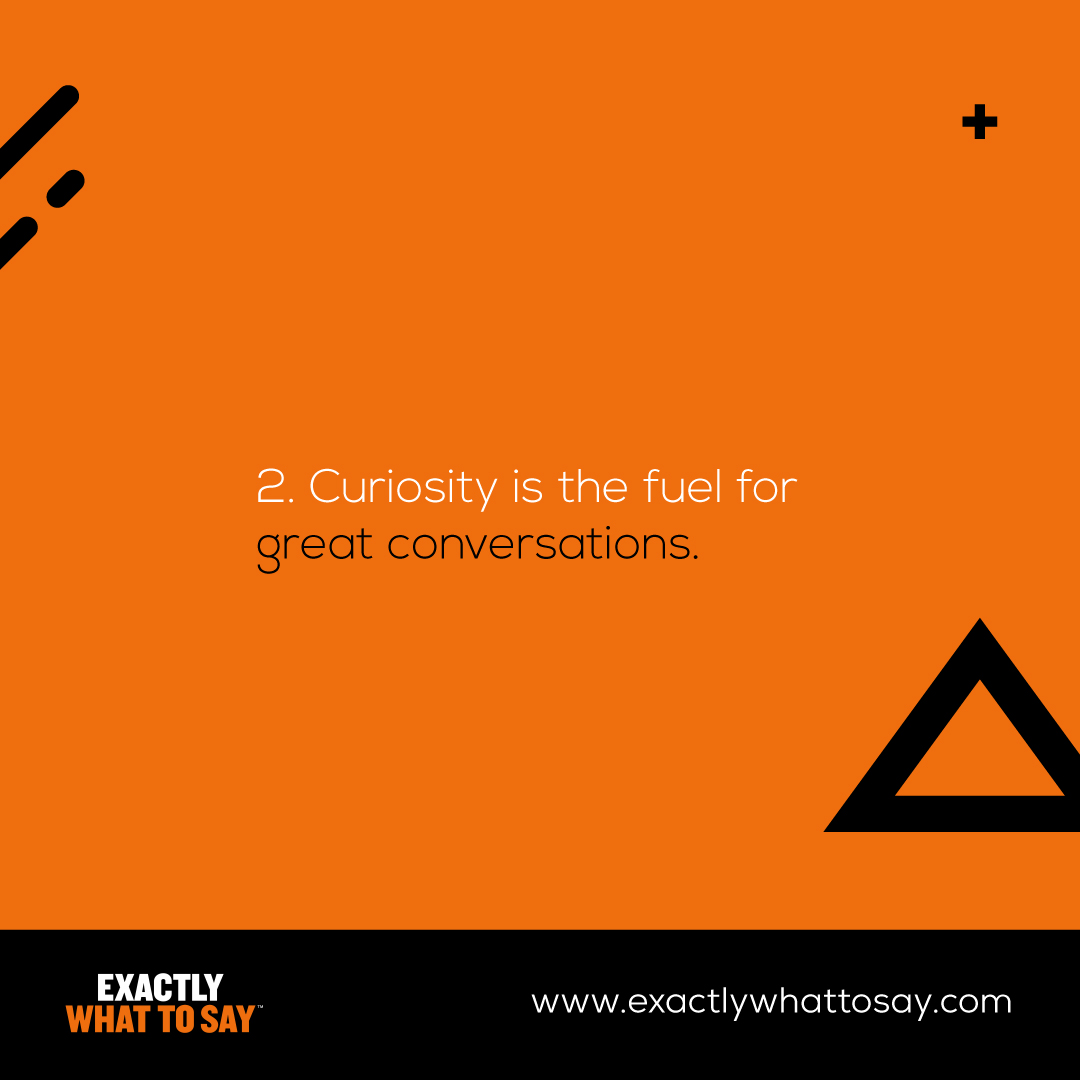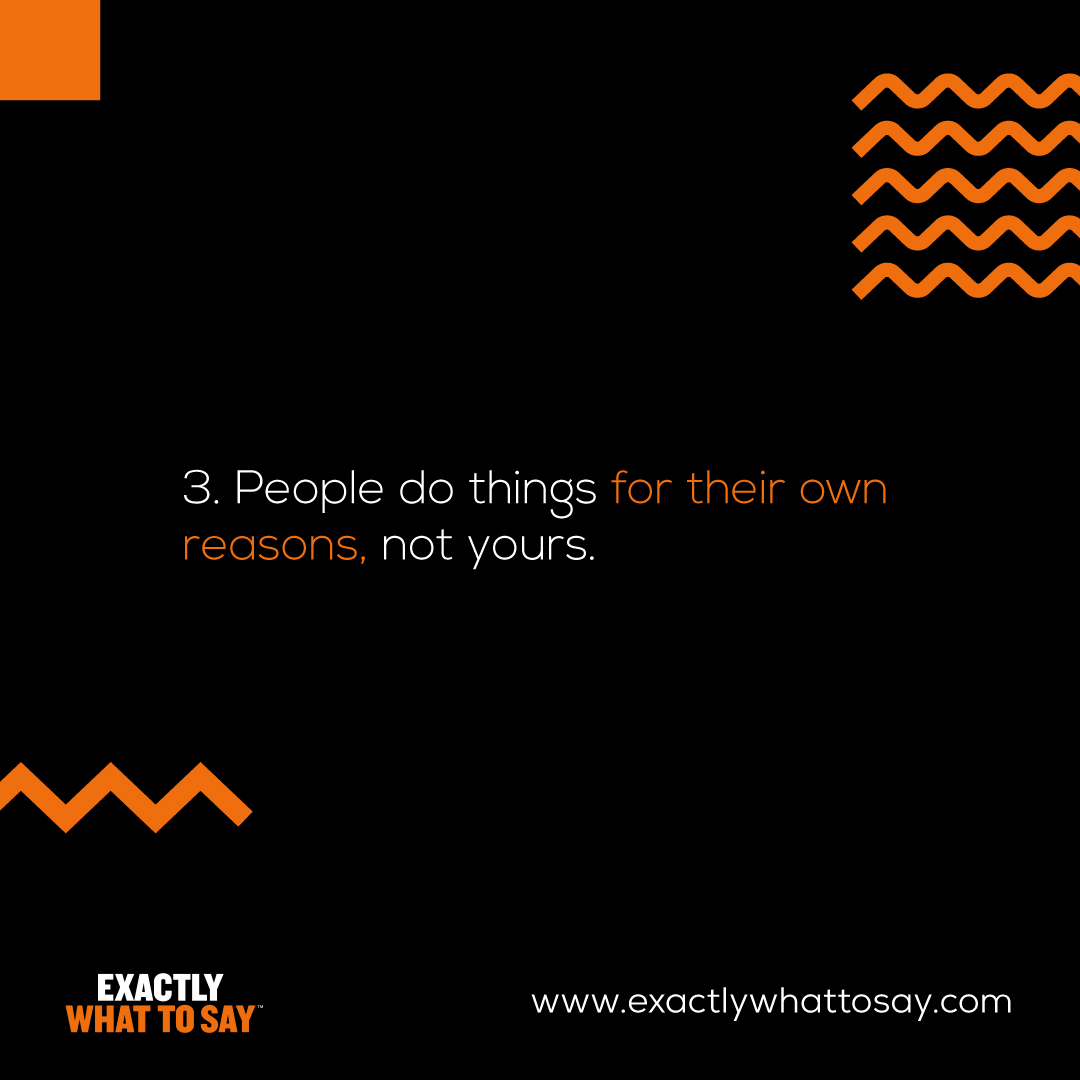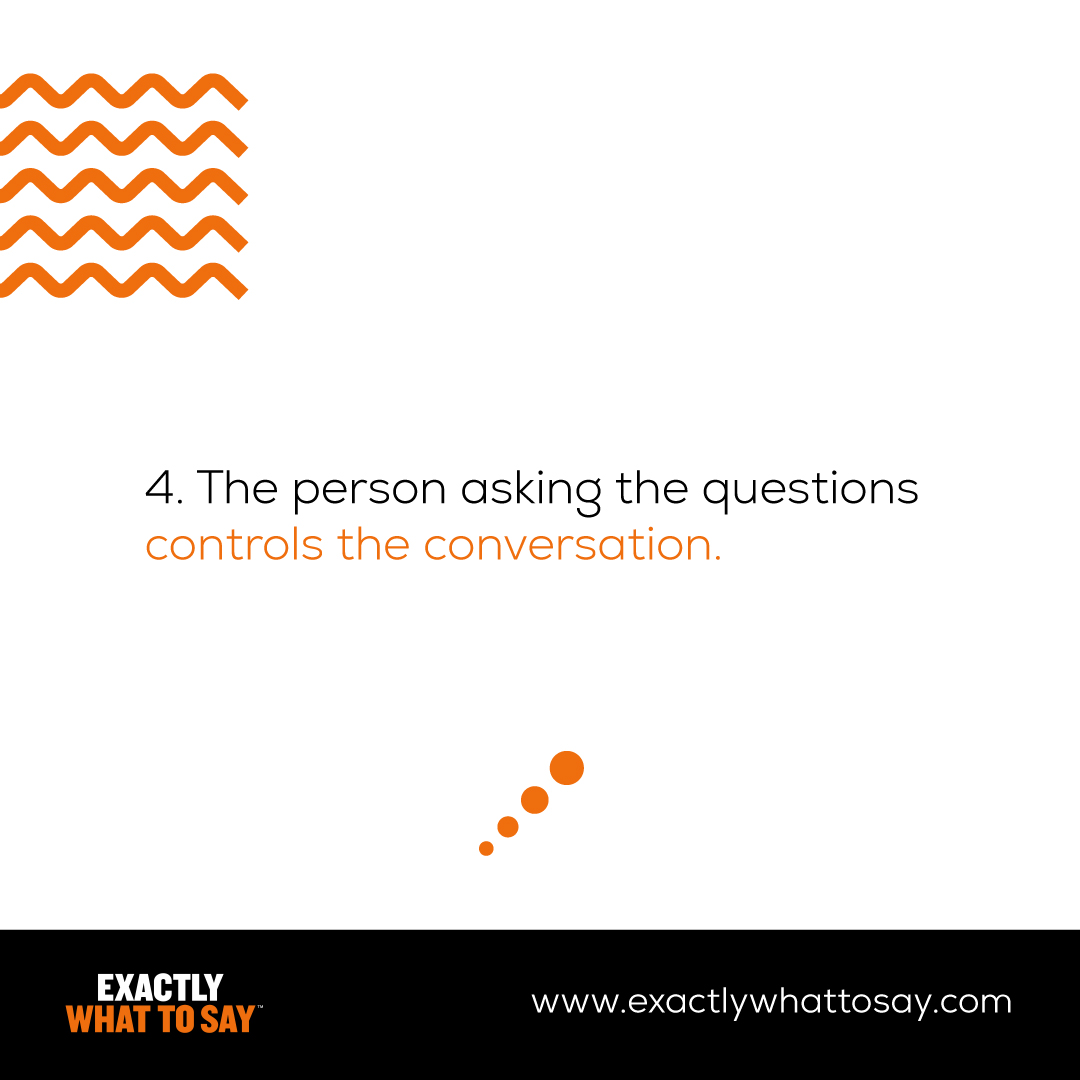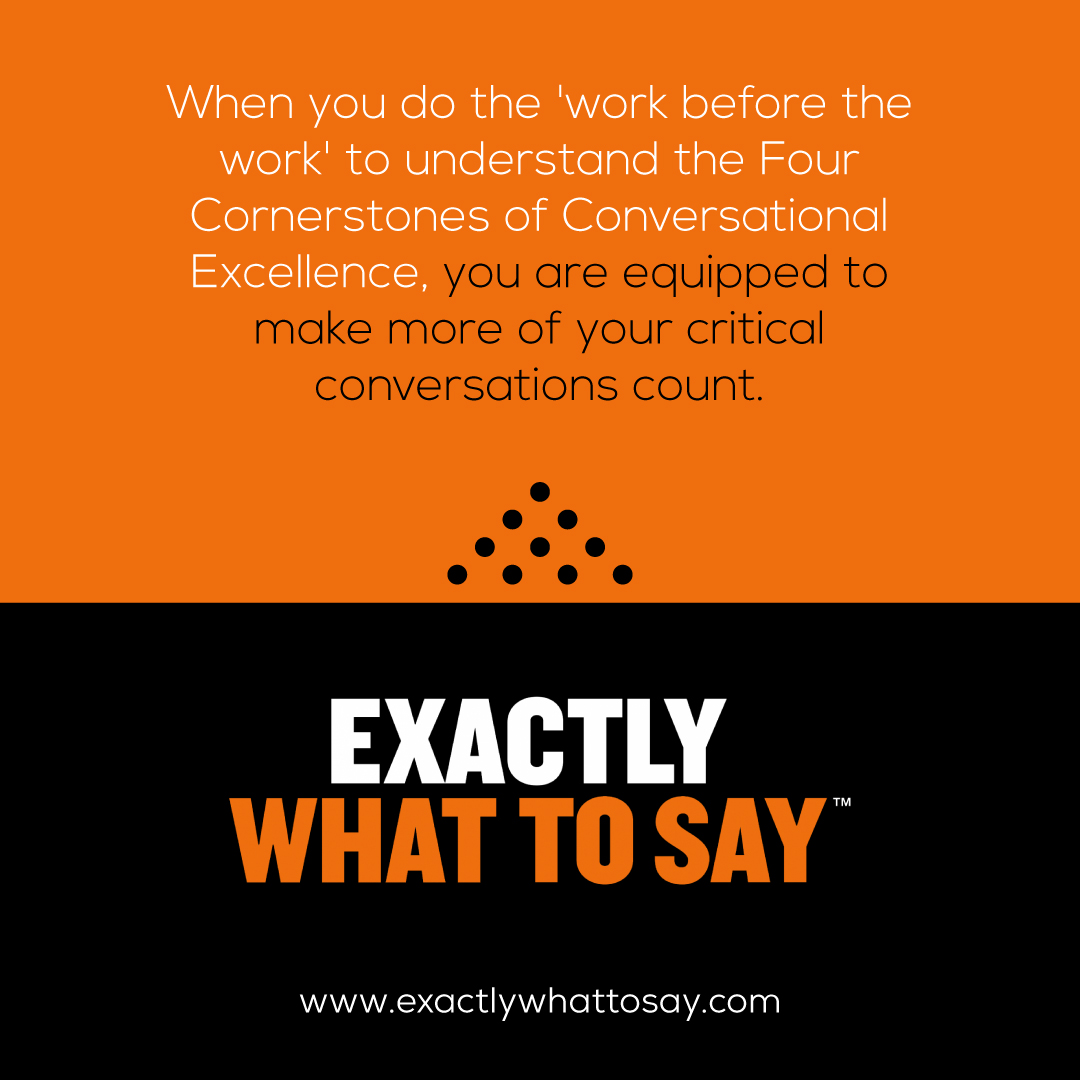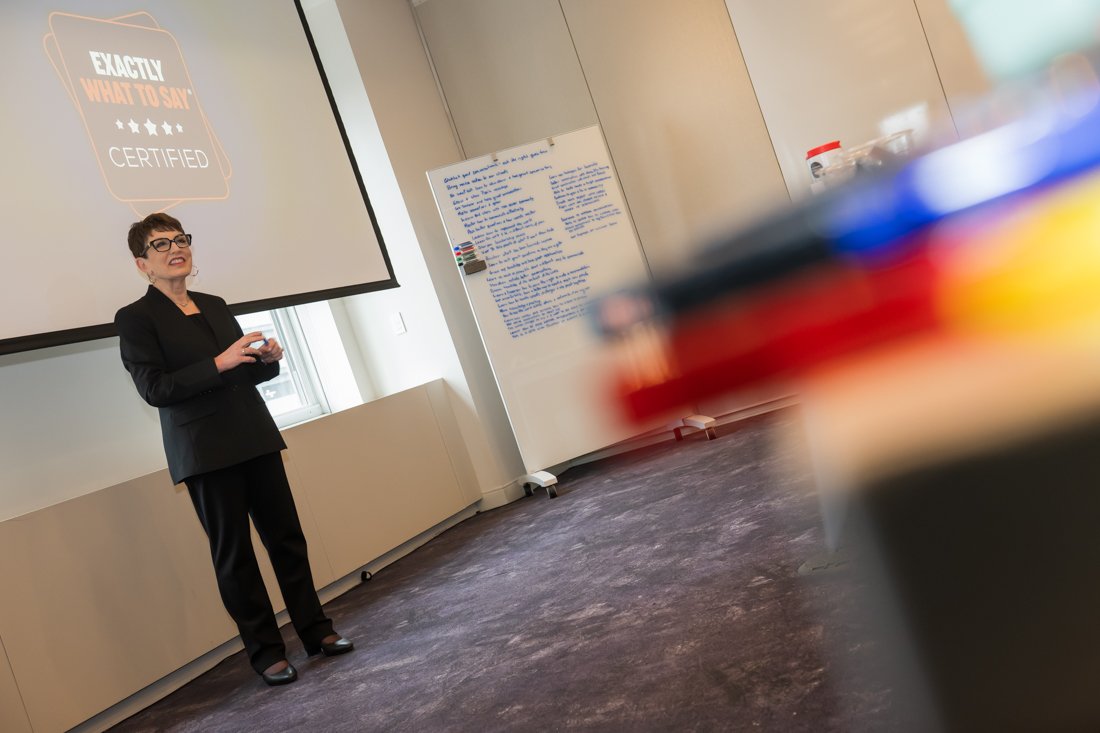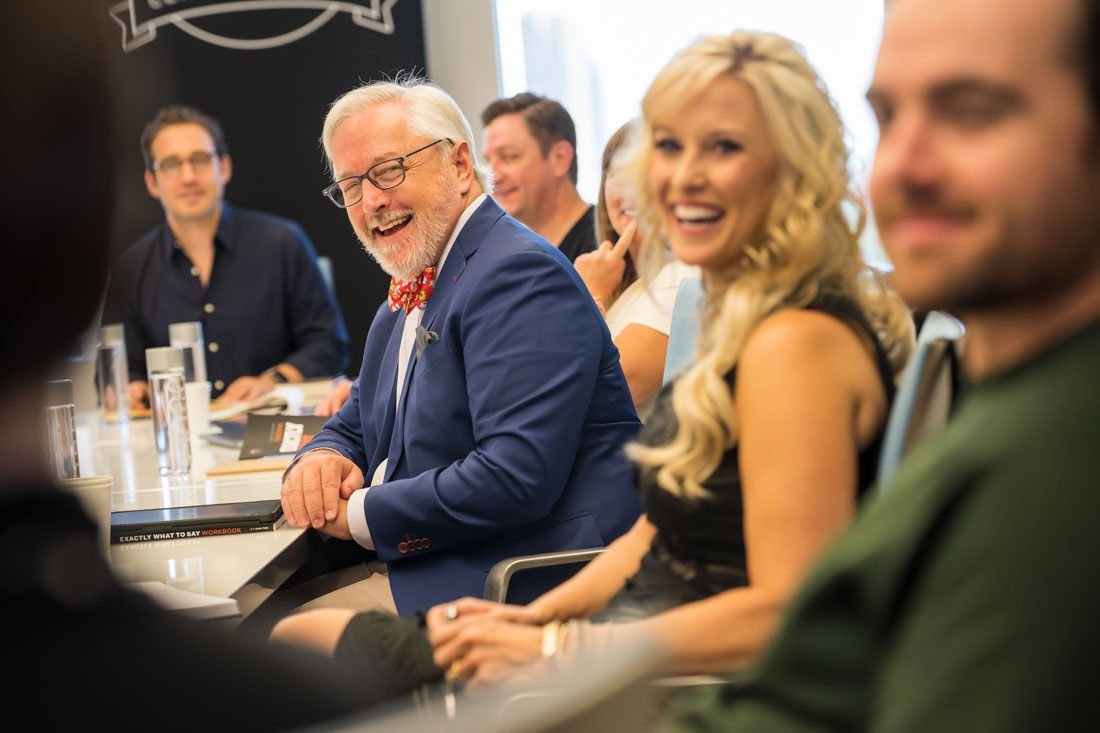Do you know the secret to meaningful conversations? It’s about understanding how to make the words that you use count during the conversations that matter.
Phil M Jones is the best-selling author of Exactly What To Say, a little book designed to give you the tools to use the right words, at the right time, to nail those critical conversations.
The book has sold over 1.5 million copies worldwide and has resulted in loads of comments, and these comments have started conversations that have led to countless questions.
One of the most common questions is, ‘how can you make the words your words?’. How do you make them feel right for you?
To achieve this, you need to understand the operating system behind the words. This is something that Phil has coined the work before the work.
The Four Cornerstones
There are four cornerstones of conversational excellence, and these cornerstones have arisen from conversations occurring beyond the book.
You can use these cornerstones as the work before the work; they should be thought about and planned before any face-to-face meetings so that you are prepared and don’t waste anybody’s time.
The first cornerstone is knowing that the worst time to think about the thing that you’re going to say is at the moment you’re saying it.
Secondly, curiosity is the fuel for great conversations.
Thirdly, the person who’s asking the questions is in control of the conversation.
And finally, people only do things for their reasons, not yours.
Understanding these 4 cornerstones is essential to engage in meaningful conversation.
If you get them right, then you can confidently engage in conversational excellence and get everything that you need from a critical conversation whilst actually helping the person that you’re conversing with.
1. The Worst Time To Think About The Thing That You’re Going To Say Is The Moment You’re Saying It
This first cornerstone is super important. It’s all about creating more intentional conversations.
But how do you do this? You need to get crystal clear on what your critical conversations are.
Everyone’s critical conversations can differ, but a good universal one is to know what the potential points of friction or objection will be.
Another is to try and understand what conversations could already be in their sight.
This might feel like you’re dealing with constantly moving targets, but what starts to happen when you get specific is your intentionality increases.
You need to be uber-prepared for those high-stakes conversations, and this relies solely on your preparation.
2. Curiosity Is Key
Once you’ve got intentional about the kinds of conversations you want to get better at, you now need to know how to fuel the conversation.
This is down to your curiosity.
Think, for example, about content creators. If they create content without context, it merely adds noise to an already noisy situation.
They will lack engagement, and people won’t connect with them.
You can avoid making unnecessary noise by staying curious. Curiosity is the fuel for great conversation, as it provides context.
You know you’ve been curious for long enough when you reach a position of empathy.
One of the best definitions for empathy comes from successful author and speaker, Jon Acuff. Acuff describes empathy as caring about what the people you care about, care about.
By remaining curious for long enough, you’ll know absolutely what they care about, what matters to them, and, importantly, what is right for them.
3. The Person Asking The Questions, Controls The Conversation
Questions are vital because they create conversations.
These conversations lead to relationships. And relationships become opportunities.
You get yourself an opportunity, and it might just result in action.
When you plan your questions, focus on the intention of your conversation, and don’t lose focus on the curiosity – it’s about them, not you.
This leads us nicely to the fourth cornerstone.
4. People Only Do Things For Their Reasons, Not Yours
Selling is essentially earning the right to make a recommendation, so you should always be on the hunt for evidence.
Your aim before making a recommendation is to be able to confidently say the phrase, ‘because of the fact that you said BLANK, I can recommend BLANK.’
If you can say this, then it means that you are using reasoning to make a sound recommendation based on their needs.
You’ve stayed curious for long enough to collect evidence and offer them something meaningful and useful. It shows that you’ve listened and that you’ve understood them.
You’ve created a situation where it’s no longer you vs them; you’ve made it you and them vs IT.
Keep Following The Dance Steps
Remember that if you make a statement, you might shoot and miss. But if you ask a question and miss, you can simply ask another question!
These four cornerstones enable your critical conversations to continue organically.
So keep following these dance steps, and you might just be surprised at how much you make happen when you engage in intentional, empathetic conversation.
Your success is in direct correlation to the quantity of quality asks that you make in your life.
This can only truly begin with a great bunch of questions.
